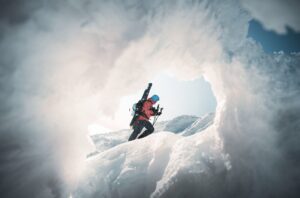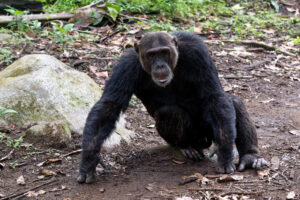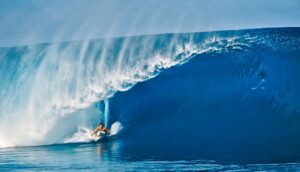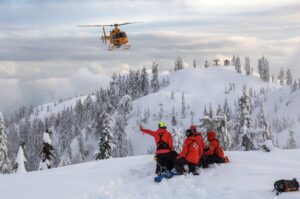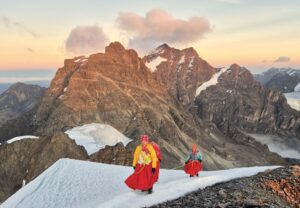“Adventurers like John Muir, Bruce Olson and David Livingstone inspire me to go travel and explore” – John Allen Chau
American John Chau, variously described as a missionary, adventurer and explorer, was killed last week by an isolated tribe on North Sentinel Island, in the Indian territory of the Andamans. In a story that has made international headlines, Chau paid fishermen to ferry him close to the island, before continuing alone in a canoe to the shore, apparently in an attempt to preach Christianity to the Islanders. He was killed almost immediately by the Sentinelese tribe.

North Sentinel Island is part of the Andaman and Nicobar island chain in the Bay of Bengal.
The Sentinelese have repeatedly rejected contact with the outside world, usually aggressively. The last official attempts to communicate with the tribe ended 25 years ago. In 2006, a pair of Indian poachers were killed by the tribe after their boat accidentally washed ashore. Efforts to retrieve the bodies encountered a volley of arrows.

A Sentinelese man takes aim at a helicopter sent to survey damage to the island following the 2004 tsunami. Photo: Reuters/Indian Coast Guard
The tribe have made their feelings about contact with the outside world very clear, and the Indian government has worked to protect the tribe, monitoring the island from afar and designating it a protected area, closed to tourists. Despite acknowledging in his final diary entries that he knew his mission to be illegal, it seems that this was not enough to dissuade Chau. He had been planning his trip for three years.
Reaction to his death has been highly critical. Survival International, a London-based organization working to protect the indigenous hunter-gatherer tribes of the Andamans, described the event as a preventable tragedy that could cause further fatalities: “it’s not impossible that the Sentinelese have just been infected by deadly pathogens to which they have no immunity, with the potential to wipe out the entire tribe.” The international attention mirrors that generated by British explorer Benedict Allen’s failed attempt to reconnect with the Yaifo tribe of Papua New Guinea in 2017. Having set off without any form of modern communication equipment, Allen was reported missing and eventually rescued by helicopter. Condemnation of his methods and goals was even more scathing. Ethnomusicologist Denis Crowdy’s quote was perhaps the pick of the bunch: “Anthropologists were [also] deeply cynical, clearly recognizing Allen and his genre of exoticist square-jawed Boy’s Own adventurer Royal Geographical Society lecture tour self-indulgence.”

Square-jawed Benedict Allen and friend. Photo: Benedict Allen
It’s clear that just because you can go somewhere does not necessarily mean that you should. Chau’s death is an unfortunate example of a personal quest taking precedence over others’ rights to self-determination and raises difficult questions about privilege and responsibility within the exploration community.


